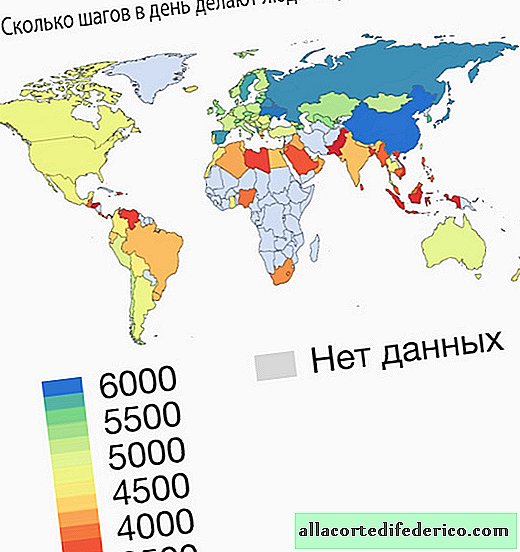A robot appears in Switzerland to help eradicate GMO plants
The innovative development of Swiss specialists, perhaps in the near future, will make a revolution in agriculture. The new robot is able to recognize weeds among crops of cultivated plants and treat them with a portion of the herbicide. With this point-to-point processing method, the consumption of drugs is significantly reduced, and, accordingly, the harm that they bring to the soil and the environment as a whole.

A solar-powered robot on wheels has already been tested in sugar beet fields and has shown excellent results. With the help of cameras, the device recognizes among the beets plants that are weed species, and with the help of a mechanical hand sprinkles them with a herbicide. According to the developers, with this method of weed control, the consumption of drugs is reduced by 20 times compared to traditional methods of processing the fields, when the entire area is watered with herbicides. This method of weed control has quite tangible environmental advantages. Every year, a huge amount of herbicides and pesticides, washed away by sediments from agricultural fields, gets into the rivers, and then into the seas and oceans, causing great harm to the environment.
But saving on the purchase of herbicides and reducing soil pollution are not the only advantages of using new technologies in agriculture. The fact is that initially GMO plants were created precisely so that farmers could more effectively control weeds and get large yields. It's no secret that Monsanto, a manufacturer of the popular glyphosate herbicide, sold under the brand name Roundup, is also the largest producer of genetically modified varieties of crops. Well, most of these plants were not created with the aim of obtaining more productive varieties or varieties with some innovative properties. Genetically modified plants are resistant to this herbicide and were created precisely for this purpose. Fields of such plants can be generously watered with herbicides, since they are not subject to their influence, while all other plants are not able to survive after such treatment.

Over time, the dependence of farmers on the supply of seeds of GMO plants has reached catastrophic proportions. But in connection with the advent of a new robot, which they plan to launch in 2019, experts hope that the dependence of farmers on the use of herbicides, and therefore genetically modified plants, will decrease.
It is worth noting that the Swiss robot has analogues in other regions, and several companies from the USA and Europe have already developed and tested their inventions designed to deal with weeds on a targeted basis and reduce the amount of herbicides consumed.

















